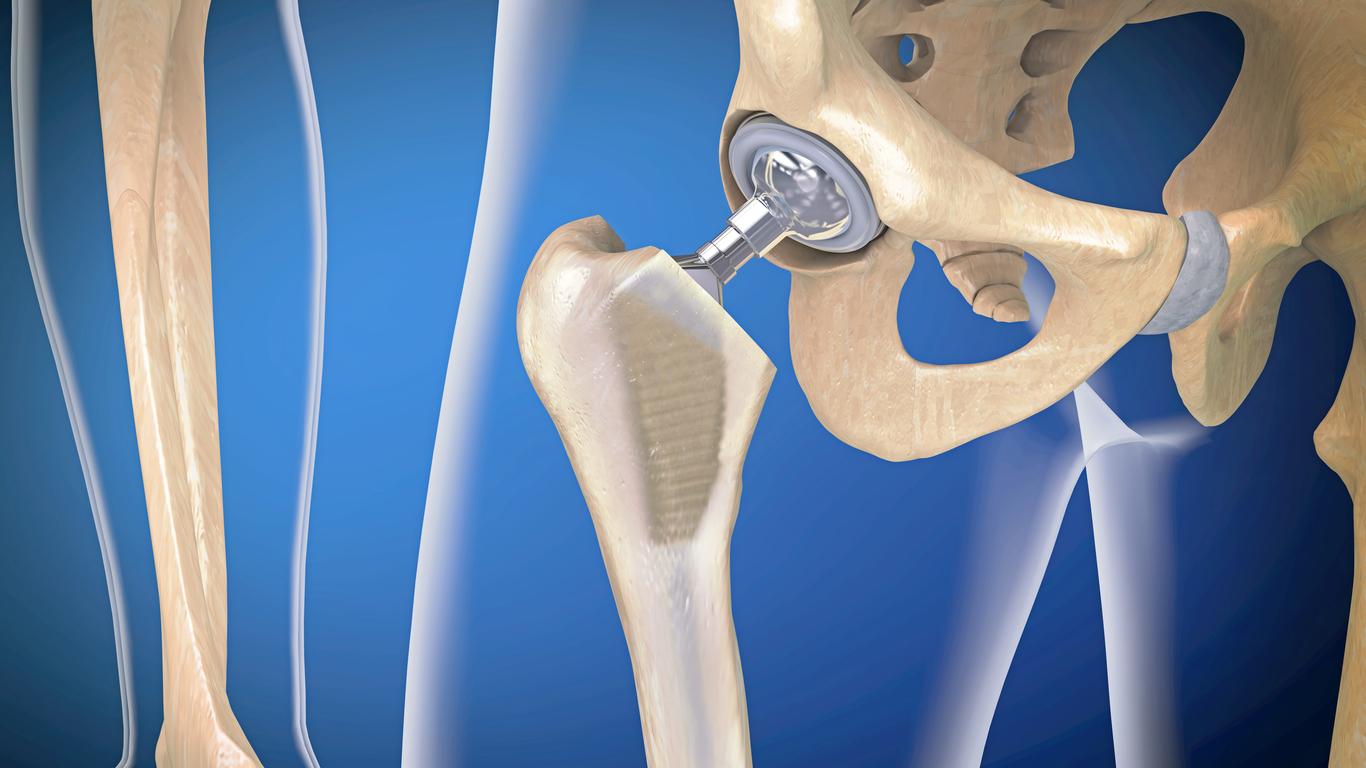Too many people with knee osteoarthritis have surgery late. However, waiting too long minimizes the benefits of surgery.

Osteoarthritis is the most common joint disease. It is characterized by a destruction of the cartilage which extends to all the structures of the articulation. One of its most common forms is at the knee. In France, osteoarthritis of the knee affects 30% of people aged 65 to 75 and is very debilitating because it affects large joints that bear the weight of the body. In the event of diffuse and advanced damage, many people are offered arthroplasty, an operation that involves replacing all or part of the knee joint with a prosthesis. Unfortunately, most people tend to wait too long before having the operation and get less benefit from it, while having it too soon is not good either. These are the main conclusions of a study published in Monday, January 13 in the Journal of Bone and Joint Surgery.
In the United States, nearly one million knee replacement procedures are performed each year and these increases are expected to increase rapidly by 2030, explain the authors of the article in the preamble. “As the number of operations increases, we need to ensure that the timing is optimal for patients to derive the greatest benefit and for healthcare costs to remain low,” notes Hassan Ghomrawi, associate professor of surgery at Northwestern University Feinberg School of Medicine and the study’s principal investigator.
“As knee replacement surgery is an elective procedure, the timing of the operation depends not only on clinical factors, but also on demographic, socio-economic and socio-cultural factors. We need to develop a better understanding of these factors to improve the timing of the operation,” he continues.
“The overall impact can be huge”
So he and his colleagues followed 8,002 participants who had or were at risk of knee osteoarthritis for up to eight years. They found that 90% of patients with knee osteoarthritis wait too long before having the operation and derive less benefit from it. In detail, African Americans tended to delay surgery more than Caucasians.
“When people wait too long, two things happen: osteoarthritis causes their function to deteriorate. Some of them could not straighten their legs, which affects their walking and mobility. When you can’t exercise, you can start developing other health issues like cardiovascular issues. You can also become depressed. The overall impact can be huge,” says Ghomrawi.
What’s more, delaying surgery limits the benefits that the patient can later derive from it. “You don’t get as many functions back when you wait too long; your mobility is still reduced compared to someone who had it in good time”, develops the researcher.
25% of patients undergo the operation too soon
On the contrary, about 25% of patients undergo the operation prematurely. This carries the risk of complications and limits the benefits. For example, patients may need a second surgery later in life. The latter will then be much more complicated to perform and the results even worse.
This is the first study to prospectively examine the appropriateness of knee replacement surgery in such a large number of patients.
While this research focuses on osteoarthritis of the knee, this disease can unfortunately affect all joints. Its symptoms depend on the level of activity of the person and sometimes occur following a banal accident, the lesions having remained painless until then.
For mild osteoarthritis, doctors suggest a adapted physiotherapy, temporary rest and painkillers. If the osteoarthritis progresses but remains limited to one part of the joint, the patient is often suggested an osteotomy to correct the axis of the lower limb and unload the portion of the joint where the osteoarthritis is located. Finally, in the event of advanced disease and failure of conventional treatment, surgery will be considered.

.















